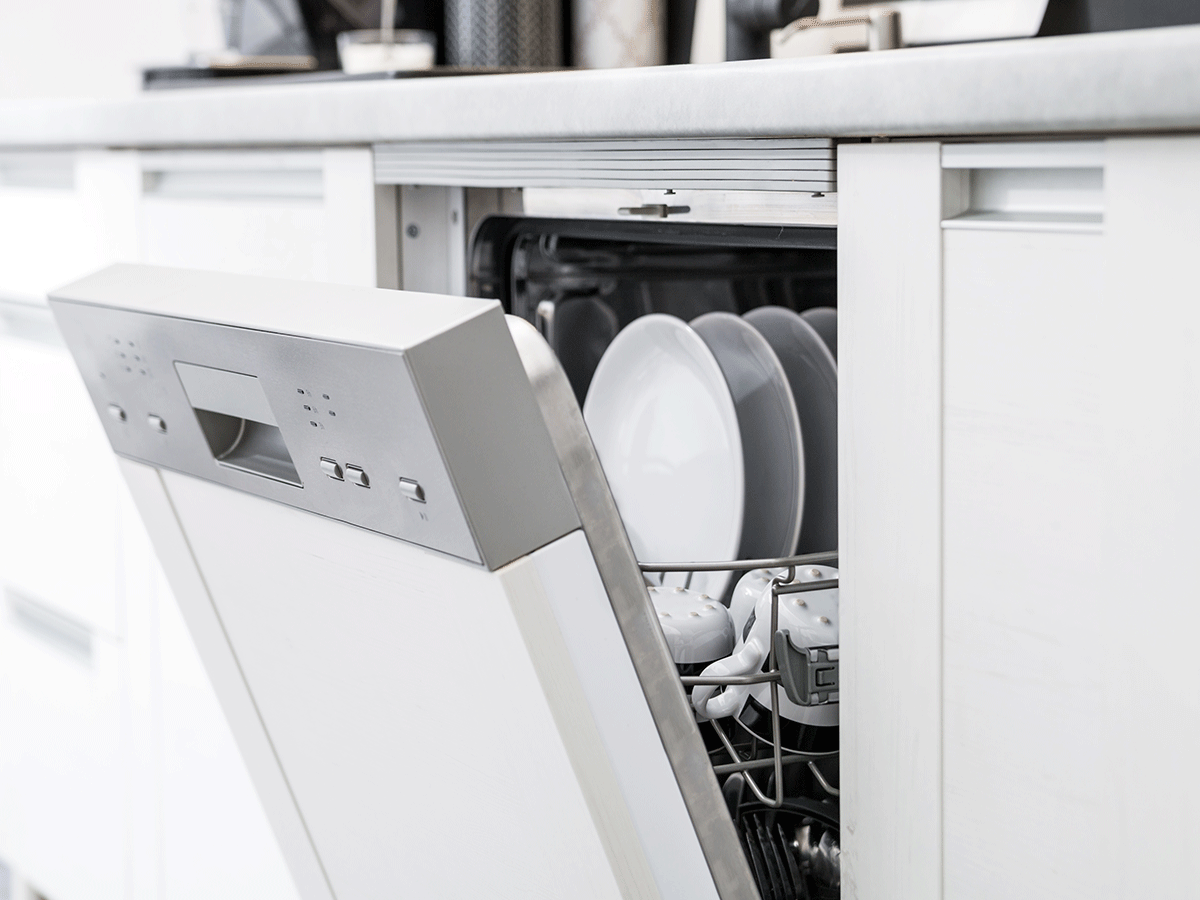
Use a dishwasher
Dishwashers have come a long way and are now super efficient. They use less water than before and less hot water than if you washed by hand. For greatest energy efficiency, stick to full loads, use the pot-scrubber option only if necessary, and hit the no-heat or air-dry option.

Power down your computer
If you won’t be using your computer for 20 minutes, turn off the monitor. If it won’t be needed for more than two hours, turn off the computer. Do the same for all your electronics — printers, cable boxes, stereos, even the clock on your microwave. Over time, all those switched-on-but-not-in-use electronics use a lot of energy. Plus, having to turn your computer on for easy use might encourage you to limit your screentime. Learn more ways green living can make you healthier.
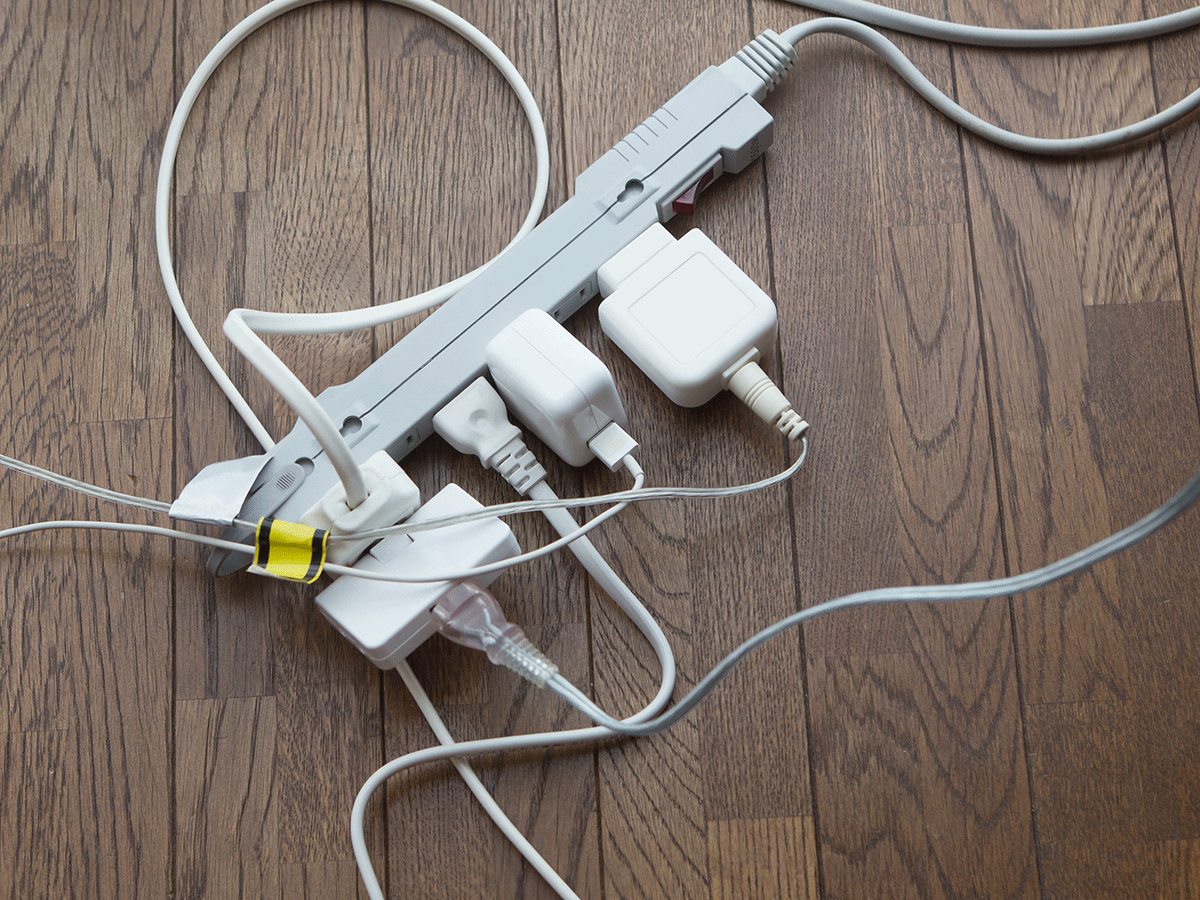
Connect to a power strip and turn off every night
To remember to turn everything off when you turn in for the night, connect devices, such as televisions, lamps and printers to power strips. Then, on your way to bed, just flip off the strip switch.
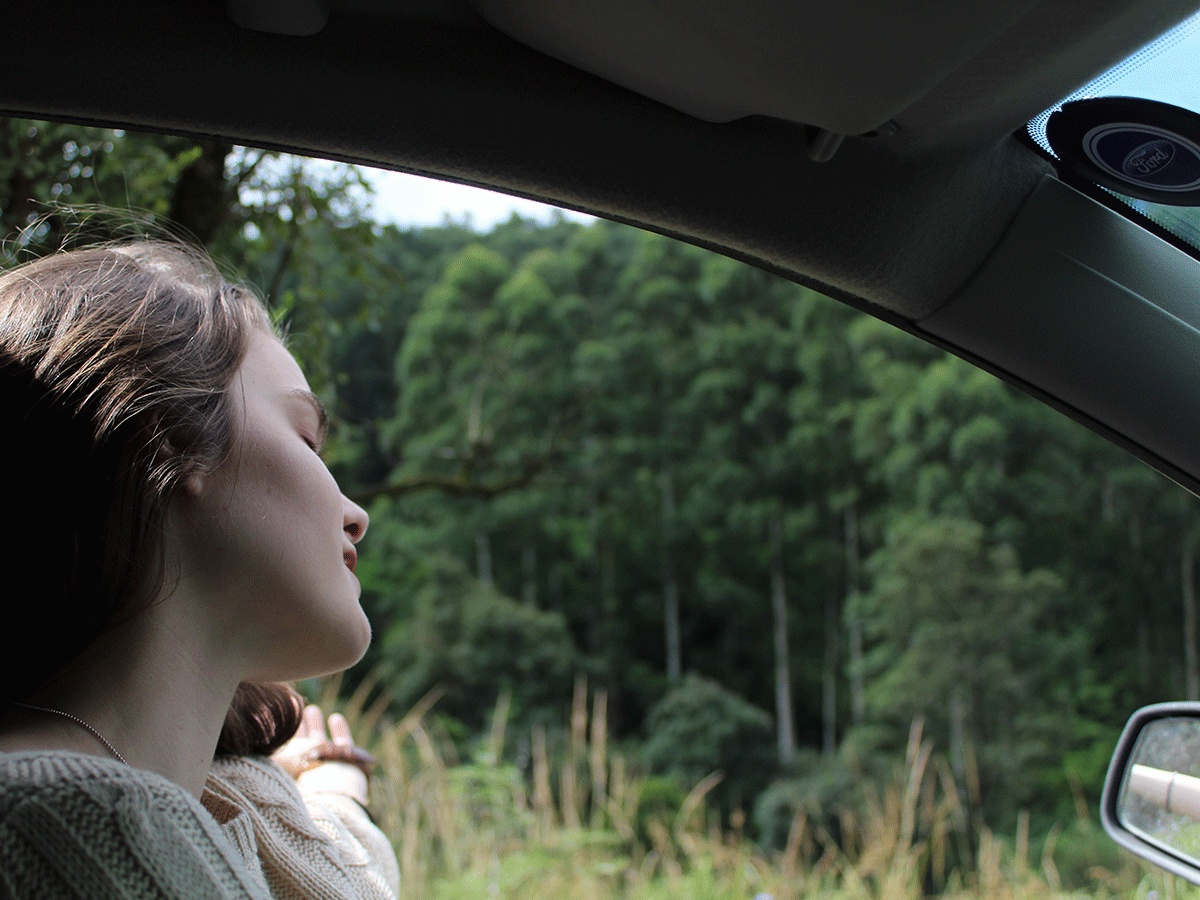
Don’t idle cars
One of the most common activities that damage the environment is letting cars or trucks warm up in the morning. Idling creates unnecessary emissions — plus, it wastes fuel and money. Even on the coldest days, it doesn’t damage the engine to drive immediately after starting. Driving will actually help your car warm up faster. And when stuck in traffic, it’s wise to turn your car off if you are going to be motionless for more than 30 seconds.
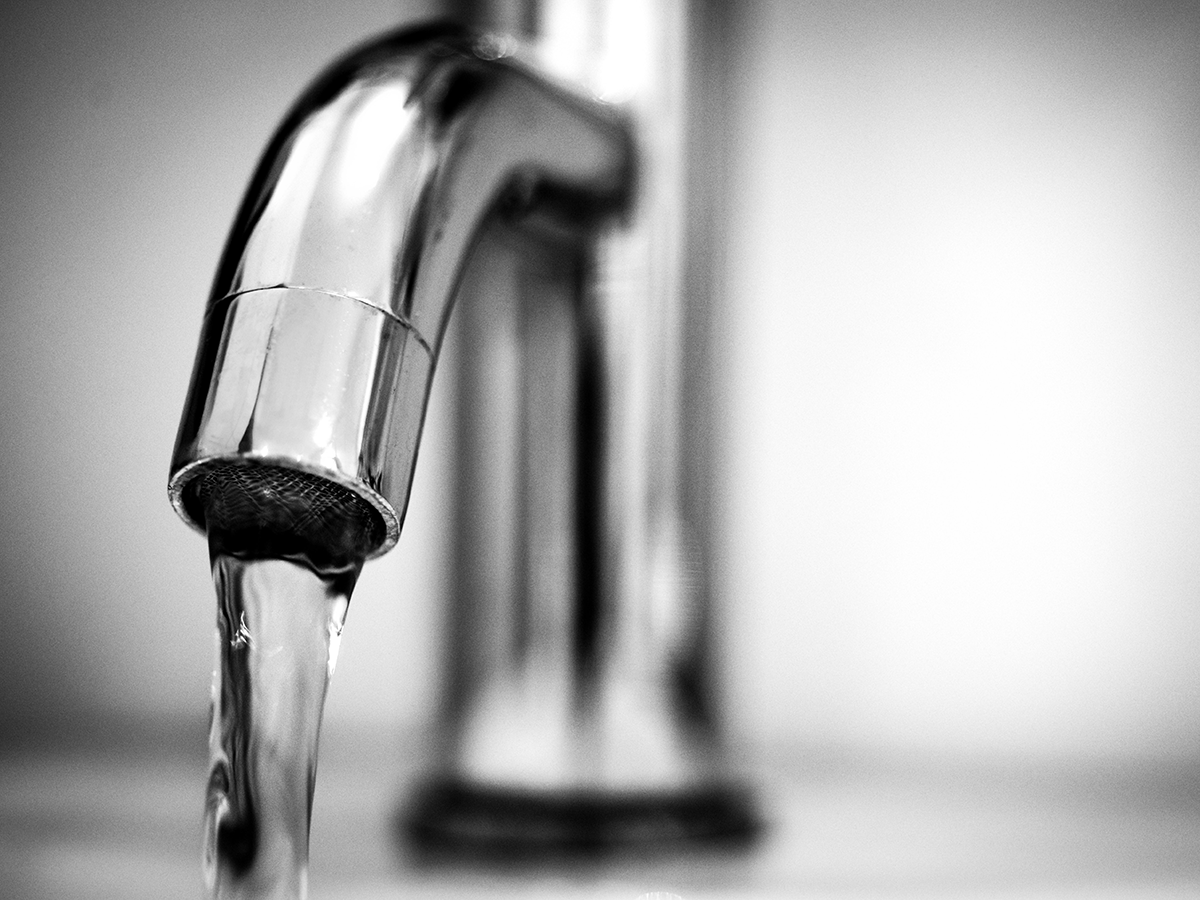
Save water throughout the day
Turn off the faucet while you are brushing your teeth or lathering up your hands with soap. Only flush when necessary. Wash clothes in cold water — as much as 85 percent of the energy used to machine-wash clothing goes to heating the water. User a refillable water bottle every day and refrain from buying plastic bottles — or plastic anything. These 50 facts will make you stop using plastic.
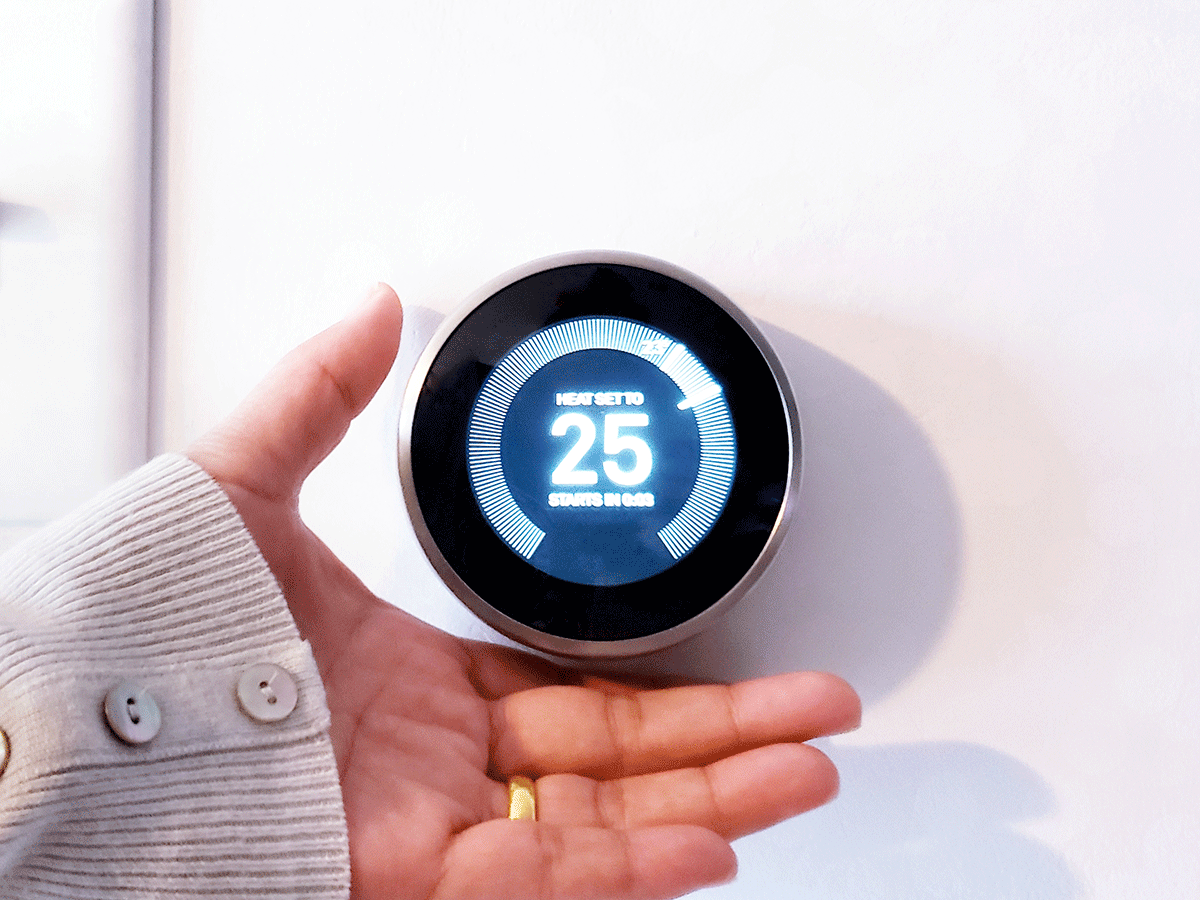
Be cool in cool weather, warm in warm weather
During winter, set your home temperature at 18-19 degrees Celsius. That’s a little cool, but comfortable if you wear an extra layer around the house and have an extra blanket on the bed at night. In summer, set your temperature at 24 degrees Celsius. That’s considered the maximum temperature that is still considered comfortable (in fact, it’s perfectly pleasant if you have a breeze coming through a window). Both of these settings will greatly reduce your annual energy bill.
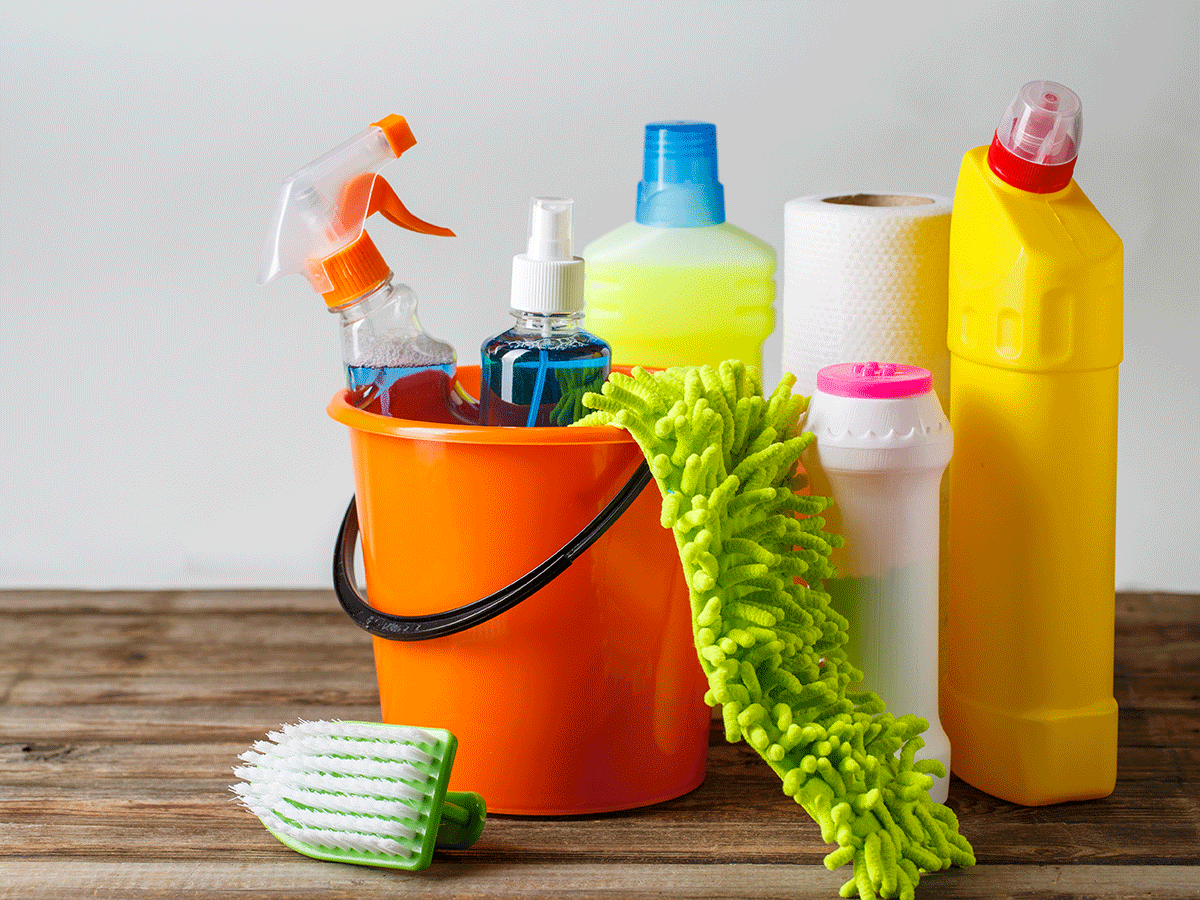
Do a chemical audit
Rid your home of all toxic products including insecticides, oven cleaners and wood polish. Do not throw these out with the regular garbage or pour them down the drain. The chemicals in these products damage the environment when released into landfills or waste streams. Contact your local recycling center or city waste management program to learn how to properly dispose of these products.
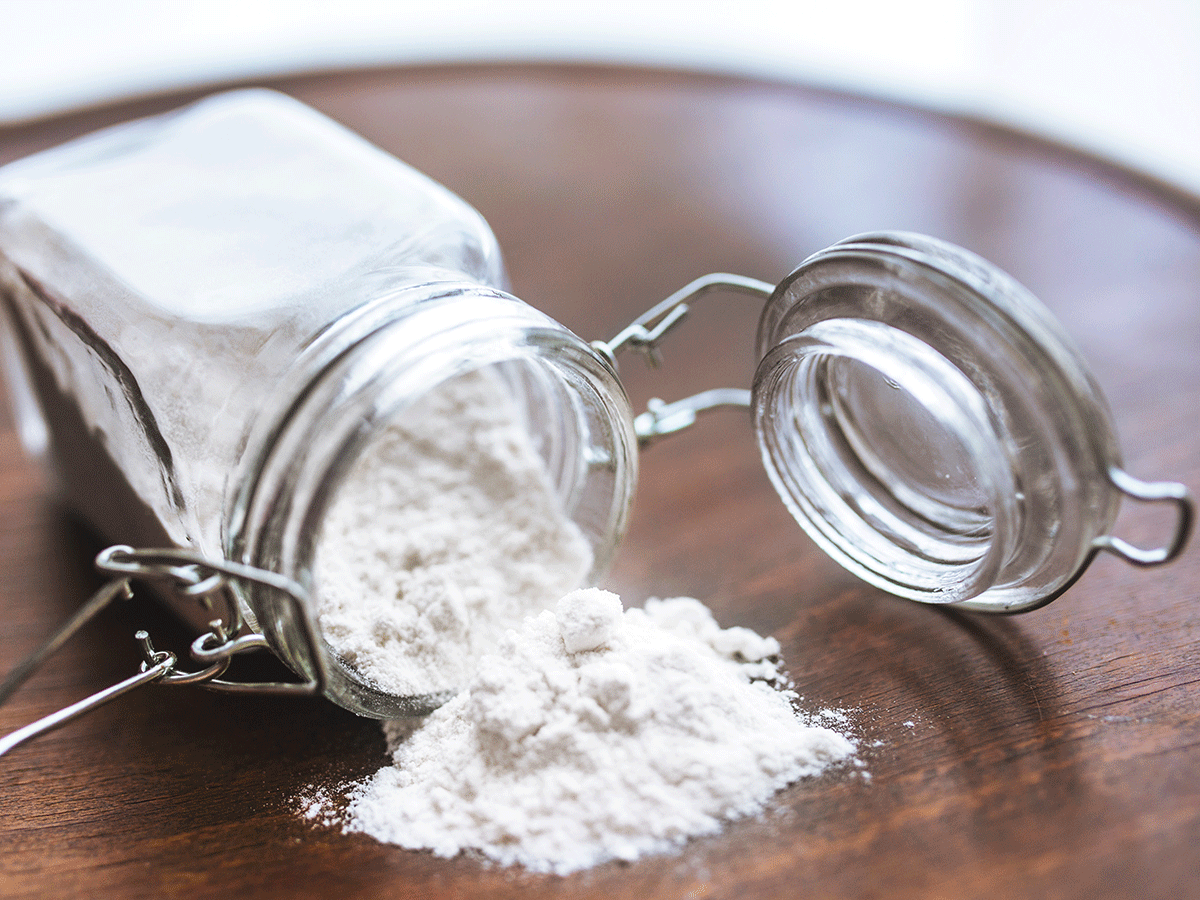
Clean green
Replace your household cleaning products with eco-friendly, biodegradable, non-toxic ones. You may even want to consider creating your own green cleaning kit that could include items such as baking soda, white distilled vinegar, and tea tree oil. Or, you can buy green cleaning products — here are natural cleaning products that actually work.
Next, check out the eco-conscious brands that deserve recognition.
